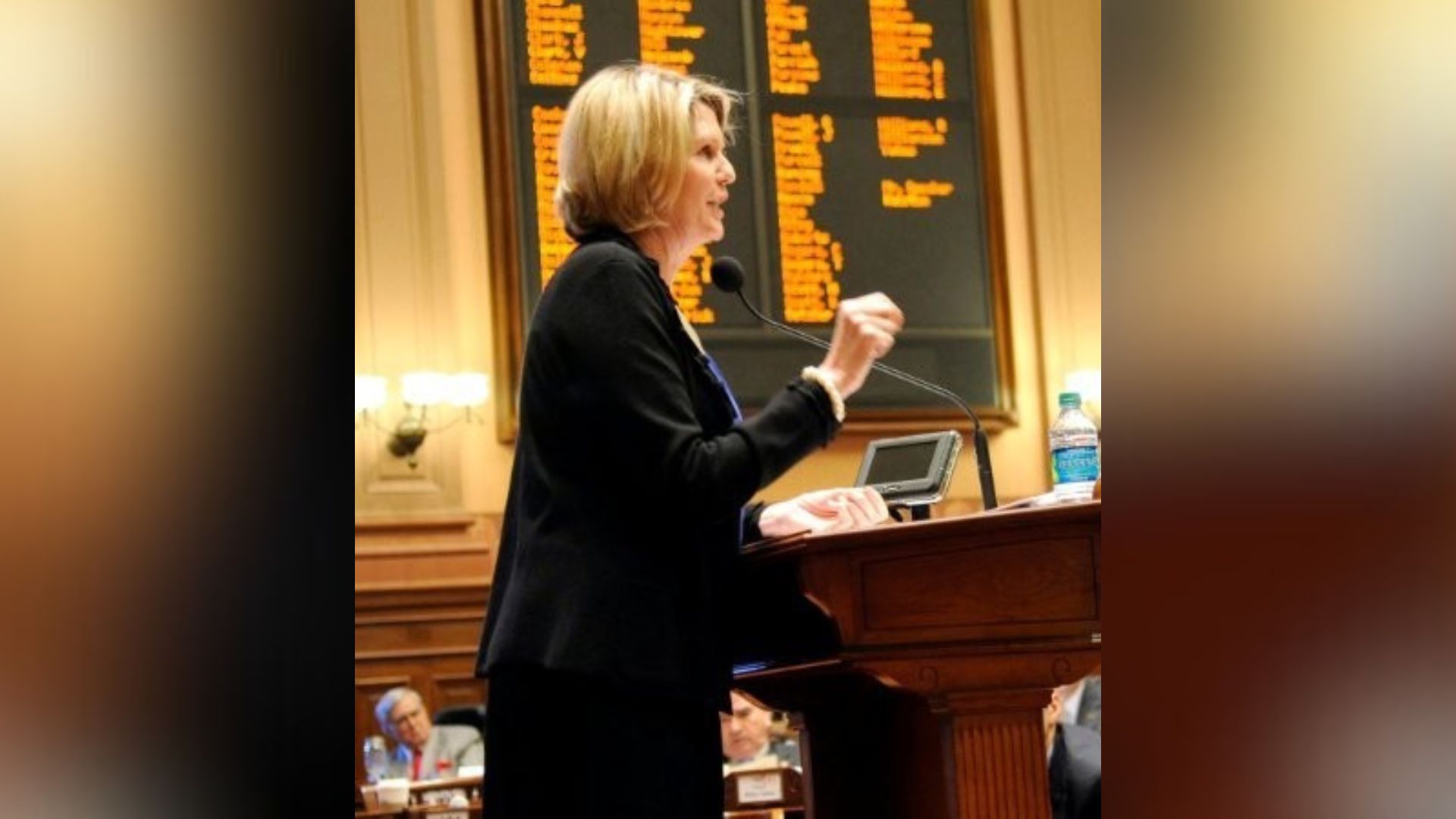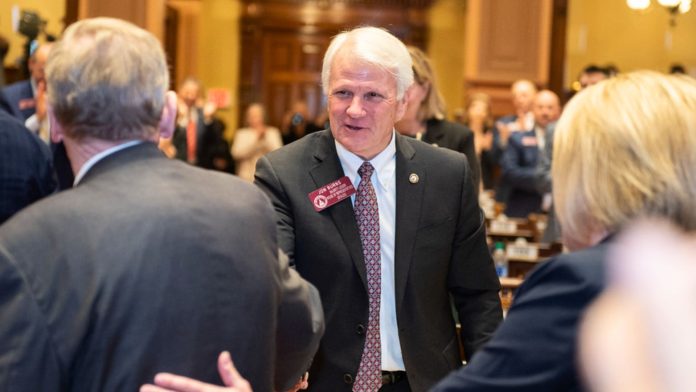Georgia – Key Republicans in the Georgia State House are pushing to add over $100 million to the state’s prekindergarten program. This money would go towards increasing the pay for teachers, constructing new classrooms, and enhancing overall operations.
House Speaker Pro Tem Jan Jones, a Republican, emphasized the need to improve Georgia’s prekindergarten program for 4-year-olds, which she has been studying.
House Speaker Jon Burns and Jones announced on Tuesday their plans to act on these suggestions during the current legislative session. This is despite the fact that Governor Brian Kemp has not allocated funds for most of these proposals. Jones mentioned that they would request Governor Kemp to raise the budget or they would look for funds from other areas of the budget.
This move is part of a larger trend across the country to increase investment in childcare and early education. This comes several months after federal subsidies, provided during the pandemic, ended.
Check also: Despite opposition from some fellow Republicans, Georgia Governor pushes for private school vouchers bill
Georgia funds its preschool program through lottery revenues, allowing any 4-year-old whose parents choose to enroll them. The program serves 84,000 children across the state. However, enrollment dropped to about 73,000 last year, partly recovering after the pandemic. State officials are finding it difficult to recruit teachers, mainly due to the low salaries paid by the state.
“We have a lot of providers or even public schools that have the kids, they’re ready and willing, they want to enter our pre-K class and they can’t find a teacher,” said Early Care and Learning Commissioner Amy Jacobs, who oversees the program.
In Georgia, around 2,700 kids are on waitlists for prekindergarten programs. House Speaker Pro Tem Jan Jones believes that with better funding, more children could be accommodated. She argues that increased funding would not only help public school districts to offer more pre-K classes but also support private childcare providers financially. Currently, these classes are equally split between public districts and private operators.

Jones highlighted the shortage of pre-K programs for parents who are eager to enroll their children.
Governor Brian Kemp has accepted a major suggestion from the group, which is to reduce class sizes from 22 to 20 students. He has proposed nearly $11 million in his budget starting July 1 for this purpose. Over four years, the plan to reduce class sizes will cost about $43 million annually when fully implemented.
Check also: New bill: Georgians under 16 could soon need to get permission from parents before they use social media
However, Jones and House Speaker Jon Burns are also advocating for higher wages for preschool teachers. Jones pointed out the need to raise assistant teachers’ salaries from $20,190 to $25,741, noting that they could earn more at a full-time job in places like Target. They are also suggesting an increase in salaries for lead teachers, aligning them with what K-12 teachers in the state earn. These salary hikes would amount to $31 million a year.
Jacobs believes that many prekindergarten teachers are moving to K-12 education due to the higher state salary and additional local supplements they receive there.
“When I talk to teachers, we definitely hear about teacher pay,” Jacobs said, “And the second issue we hear from teachers is we need reduced class size, we need to go back down to 20.”
The report by House Speaker Pro Tem Jan Jones suggests increasing the initial grant for a new preschool classroom from $8,000 to $30,000. This money would be used for purchasing furniture and materials. Additionally, she proposes giving $15,000 to each classroom every five years to update these materials. Jones also aims to provide funds for student transportation. These operational enhancements would require about $15.5 million annually.
For the first time, Georgia House leaders are looking to finance the construction of new classrooms. Public schools could use an already existing state fund, and private providers would receive funds to rent spaces. The cost for leasing spaces for private providers is estimated at $23 million per year.
Jones believes that the revenue from Georgia’s lottery is sufficient to cover these expansions without reducing other expenditures on college scholarships and prekindergarten programs. Last year, the lottery generated a $269 million surplus after allocating $400 million to prekindergarten and $1 billion to college aid. However, this surplus might decrease this year due to the lawmakers’ agreement with Governor Kemp’s plan to increase HOPE scholarships.
The lottery is legally obliged to keep a $737 million reserve, but it currently has nearly $2.2 billion. This surplus hasn’t been as prominent in discussions as Georgia’s $10.7 billion in excess funds in its main account. However, some Democrats have considered using the lottery’s surplus for need-based financial aid for college students.
